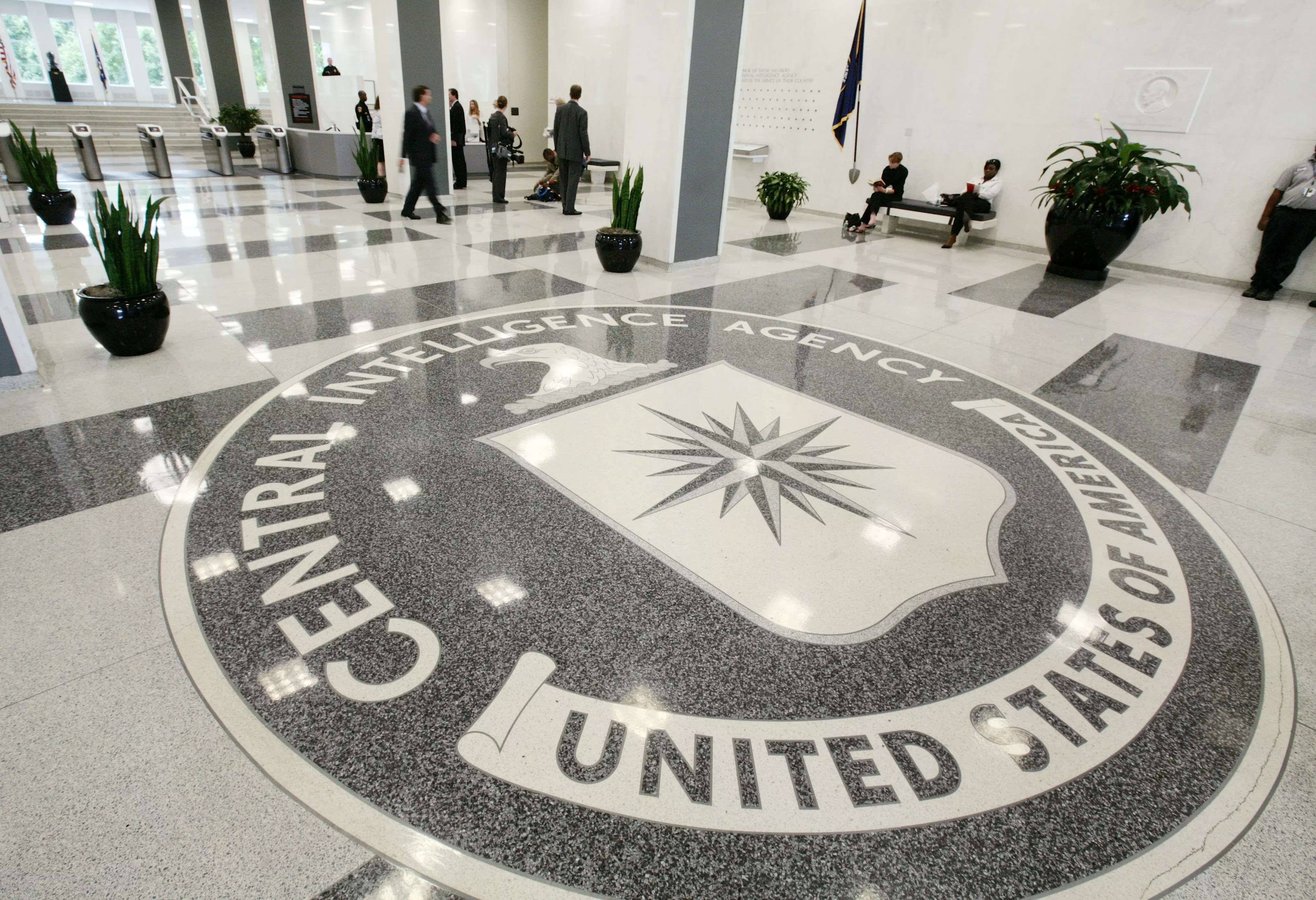World
Why CIA is struggling to a build a spy network in China

[ad_1]
The US has been spying on China for years, but it’s losing ground to the world’s most powerful rival. A decade ago, Chinese agents infiltrated the Central Intelligence Agency (CIA) and executed or jailed American spies. According to a Wall Street Journal report, as many as two dozen assets providing information to the US were executed or imprisoned, some of whom were high-ranking Chinese officials.
In 2021, the CIA announced the establishment of a new China Mission Center, highlighting the Joe Biden administration’s emphasis on Beijing as a primary foreign policy concern and a significant worldwide rival of the United States.
But, the CIA is still struggling to rebuild its human network in China, where Xi Jinping and his inner circle are making crucial decisions on issues like Taiwan and other hotspots.
According to the WSJ report, the CIA is trying to boost its human spy capabilities in China as part of a massive shift at the agency and its sister spy agencies. The US is shifting its focus from fighting terrorists around the world to preparing for a possible “great power” conflict with China and Russia.
But it’s not easy. The US has been distracted by two crises: Hamas’s attack on Israel and Russia’s invasion of Ukraine. These have demanded White House attention and intelligence resources, making it harder for CIA director William Burns to keep China as his top long-term priority.
Why it matters
The compromised network in China represents a significant blow to US espionage efforts, directly impacting America’s ability to understand and predict China’s domestic and foreign policies. This intelligence gap is particularly concerning given the rising tensions over Taiwan and the South China Sea. The lack of human intelligence also limits the US’s capacity to gauge China’s military and technological advancements, which are crucial for maintaining global security balance.
The big picture
The US intelligence community, with its $100 billion annual budget, is undergoing a major strategic shift. After two decades focused on counterterrorism, the community is now pivoting towards addressing the challenges posed by great powers like China and Russia. This transition is not just a matter of reallocating resources but represents a fundamental change in the US’s global security strategy. It involves enhancing technological capabilities, developing new methods of intelligence gathering, and navigating the increasingly complex global geopolitical landscape.
What they are saying
In 2021, the CIA announced the establishment of a new China Mission Center, highlighting the Joe Biden administration’s emphasis on Beijing as a primary foreign policy concern and a significant worldwide rival of the United States.
But, the CIA is still struggling to rebuild its human network in China, where Xi Jinping and his inner circle are making crucial decisions on issues like Taiwan and other hotspots.
According to the WSJ report, the CIA is trying to boost its human spy capabilities in China as part of a massive shift at the agency and its sister spy agencies. The US is shifting its focus from fighting terrorists around the world to preparing for a possible “great power” conflict with China and Russia.
But it’s not easy. The US has been distracted by two crises: Hamas’s attack on Israel and Russia’s invasion of Ukraine. These have demanded White House attention and intelligence resources, making it harder for CIA director William Burns to keep China as his top long-term priority.
Why it matters
The compromised network in China represents a significant blow to US espionage efforts, directly impacting America’s ability to understand and predict China’s domestic and foreign policies. This intelligence gap is particularly concerning given the rising tensions over Taiwan and the South China Sea. The lack of human intelligence also limits the US’s capacity to gauge China’s military and technological advancements, which are crucial for maintaining global security balance.
The big picture
The US intelligence community, with its $100 billion annual budget, is undergoing a major strategic shift. After two decades focused on counterterrorism, the community is now pivoting towards addressing the challenges posed by great powers like China and Russia. This transition is not just a matter of reallocating resources but represents a fundamental change in the US’s global security strategy. It involves enhancing technological capabilities, developing new methods of intelligence gathering, and navigating the increasingly complex global geopolitical landscape.
What they are saying
- US officials: They express concern over the significant gap in understanding China’s leadership plans, especially under Xi Jinping. There’s an acknowledgment of the challenges in rebuilding espionage capabilities in China.
- CIA director William Burns: He has highlighted the strategic importance of China, indicating a substantial increase in resources and focus on the China Mission Center. Burns’ statements underscore the long-term priority the U.S. places on understanding and countering China’s global influence.
- Intelligence analysts: They point out the difficulties in managing finite intelligence resources, especially in light of unexpected global events that demand immediate attention, such as conflicts in the Middle East and Eastern Europe.
What to watch out for
- Rebuilding efforts: The CIA’s ongoing efforts to reconstruct its human intelligence network in China are critical. Success or failure in this endeavor will significantly influence U.S. intelligence capabilities and, by extension, its global strategic position.
- Technological adaptation: How the CIA adapts to the challenges posed by China’s advanced surveillance and rapid technological developments will be a key factor in the efficacy of US intelligence operations.
- Resource allocation: The ability of the US intelligence community to balance its focus and resources amidst multiple global priorities is crucial. The effectiveness of the CIA’s sustained focus on China, in the face of other pressing international issues, will be indicative of its agility and resource management.
- Potential openings in China: Given the growing internal dissatisfaction with Xi Jinping’s autocratic rule and economic challenges, there may be new opportunities for US intelligence to make inroads in China. Monitoring these developments could provide crucial leverage in understanding and countering China’s global strategies.
(With inputs from agencies)
#CIA #struggling #build #spy #network #China






